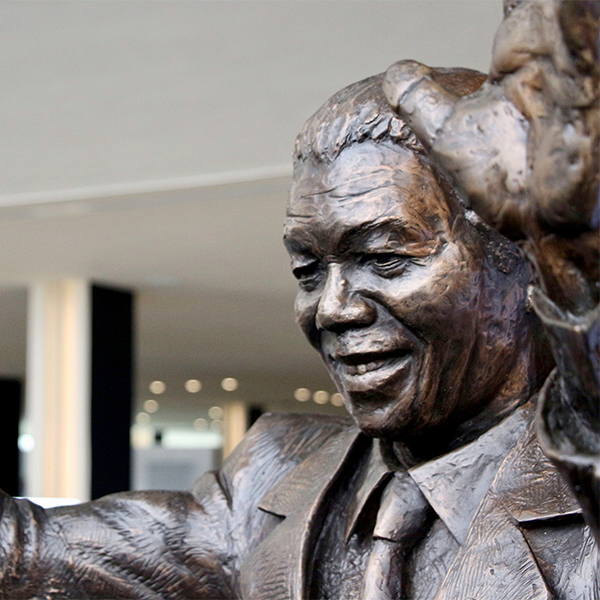On July 16, the final of the 13th edition of the Nelson Mandela Human Rights Competition took place. For the second year in a row, the event was held online. However, this did not make an obstacle for 39 teams from 20 countries to perfectly present their positions in 3 language groups: English, Spanish and French. It should be noted that “for the first time in its history, in 2021 the Final Round of the World Moot Competition saw teams from different language groups arguing against each other”.
Now, let us introduce the results of the Nelson Mandela World Human Rights Moot Court Competition 2021:
- The winner is the team of Strathmore University, Kenya;
- the runner-up – Universidad Central del Ecuador, Ecuador;
- the other semi-finalists were Oxford University (United Kingdom) and Kabarak University (Kenya).
Congratulations!
Ranking news:
Thanks to the victory in this competition, the Strathmore University was able to rise from 45 to 11 place, the finalist team from Ecuador –Universidad Central del Ecuador– scored the first points and immediately rose to the 12th position of the ranking. Semi-finalist Oxford was also able to change the statistics: starting from 165 place in the world, now it takes 33rd. The Kabarak University also scored the first points and became 36 in the world and 2 in Kenya. It should be noted that the successful performance of the West Bengal National University of Juridical Sciences allowed them to enter the world’s top 10! Also, the National University of Singapore points scored at the competition allowed them to gain a foothold in the first place in the world and Singapore.
The Nelson Mandela World Human Rights Moot Court Competition is the largest gathering of students, academics and judges around the theme of human rights in Africa. The Competition is open to students around the world. A team should consist of two students – preferably one woman and one man (gender diversity is encouraged).
The best 10 teams from each UN region are then invited to participate in the pre-final, quarter-final, semi-final and final rounds of the Competition in Geneva. Teams then have to argue the two sides of the hypothetical case, representing, alternatively, both the Applicant and the Respondent before human rights experts. The Competition is presented in English, French and in Spanish.

